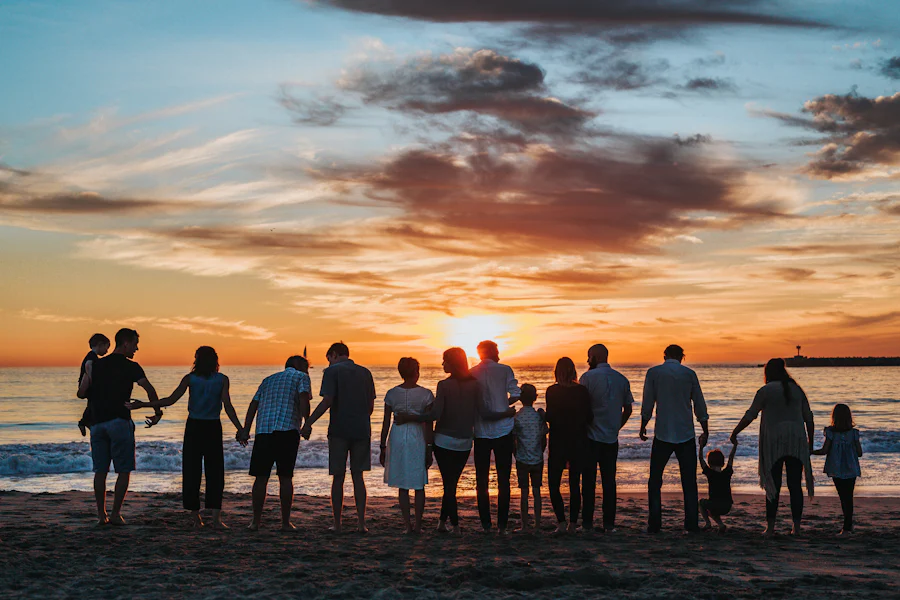Ever wondered why a good chat with a friend feels so refreshing? Or why family gatherings (despite the occasional drama) often leave us feeling happier? It turns out, our social connections do more than just fill our calendars; they’re crucial for our mental well-being. Let’s dive into why our bonds with others are more than just social niceties—they’re essential for our mental health.
The Science of Social Connections
Research is pretty clear on one thing: humans are social creatures. Our connections with family, friends, and the community significantly impact our health and happiness. According to the CDC, people who feel more connected tend to live longer, healthier lives. They’re less likely to face mental health issues like depression and anxiety and even physical ones like heart disease and stroke.

Why Connections Matter
Imagine your social connections as a safety net. The stronger and wider it is, the better it can catch you when you fall. This isn’t just poetic; it’s backed by science. Strong social bonds can improve your ability to bounce back from stress, encourage healthy habits, and even boost your sleep quality.
“Life doesn’t make any sense without interdependence. We need each other, and the sooner we learn that, the better for us all.”
Erik Erikson
Building Your Social Safety Net
So, how do you strengthen this net? It’s not just about increasing the number of friends on social media. It’s about deepening the quality of your relationships and engaging in meaningful social activities. Here are a few steps to get you started:
- Reach Out: Sometimes, a simple “How are you?” can open the door to a deeper connection. Don’t wait for others to make the first move.
- Join Groups: Whether it’s a book club, a sports team, or a community service group, find something that interests you and dive in. Shared activities can create strong bonds.
- Be Present: In an age of constant digital distraction, being fully present in your interactions can make a big difference. Listen actively and engage genuinely.
- Offer Support: Remember, it’s a two-way street. Being there for others not only strengthens your relationships but can also make you feel good about yourself.
- Seek Quality Over Quantity: It’s not about how many friends you have but the quality of those friendships. Cultivate relationships that make you feel supported and valued.
The Ripple Effect of Connection
Your social connections don’t just affect you; they influence your community’s overall health and resilience. Communities with strong, supportive relationships tend to be healthier, safer, and more resilient. So, by strengthening your social bonds, you’re contributing to a larger ecosystem of well-being.
Wrapping It Up
In a world that often celebrates independence and self-reliance, it’s easy to overlook the importance of our social connections. But as the research shows, our relationships play a crucial role in our mental and physical health. So, take the time to nurture your connections. After all, they’re not just nice to have; they’re essential for a happy, healthy life.Remember, it’s never too late to reach out and strengthen your social safety net. Your mental health (and your community) will thank you for it. Stay connected, stay healthy!



